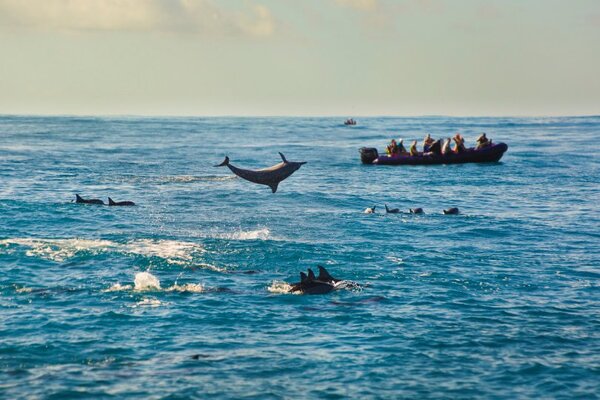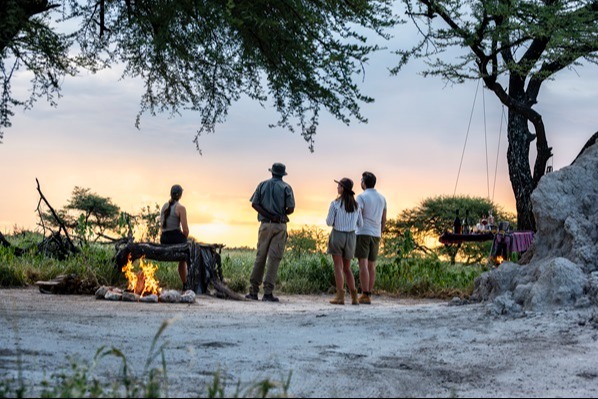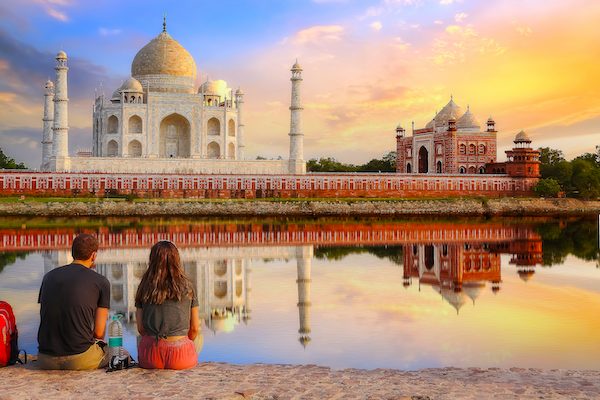Industry urged to stop promoting and selling captive orca and dolphin attractions
Travel businesses have been warned they risk standing in defiance of the tide of public opinion if they don’t end the promotion and sale of attractions featuring captive cetaceans, such as whales, dolphins, orcas and porpoises.
The UK-based Born Free Foundation said firms, particularly tour operators, "need to recognise the public is increasingly rejecting the idea that keeping cetaceans in captivity is an acceptable form of entertainment".
The foundation’s new consumer-facing "Tank Free" campaign is encouraging travellers to tell tour operators and travel organisers that are continuing to promote and/or sell captive cetacean attractions and activities to stop.
Born Free estimates more than 3,600 cetaceans around the world are being held in captivity for human entertainment, which can involve them being forced to interact with visitors, swim with tourists and pose for souvenir photos and selfies.
Of the UK’s three major trade-friendly tour operators, only Tui continues to sell such attractions. EasyJet holidays ended the sale of zoos and marine parks in March last year after consulting with organisations like World Animal Protection on a new animal welfare policy. Jet2holidays followed suit several weeks later.
Tui has previously insisted the issue is under review, and publicly stressed it is committed to ensuring animals in captivity "are in good condition". However, it hasn’t progressed its stance on the matter. TTG has approached Tui for comment on the launch of the new campaign.
Tui’s stance has attracted protests at several high profile travel events in recent months; campaigners from Peta took to the stage at WTM London during a sustainability panel featuring Tui executive Peter Krueger, and staged a similar demonstration at Abta’s Travel Matters seminar around a month later.
While Born Free has issued guidance for consumers and holidaymakers, and reiterated tourists can be pivotal in influencing change, it said the responsibility for leading on policy and helping shape perceptions lay with the travel industry itself and national governments, both whom it said must "step up".
Operators, it said, "must put an end to the promotion and selling of excursions that are responsible for putting financial gain above animal welfare", while governments it added must commit to legislation "phasing-out the keeping of captive cetaceans".
The foundation points to its campaigning in the UK during the early 1990s, which led to the closure of the UK’s last remaining dolphinariums, as an example of how the public, governments and the tourism industry can work together and inspire other countries to take action.
Sarah Jefferson, Born Free’s captivity campaigns information coordinator, said: "If people see a travel operator, hotel, or business advertising captive whale and dolphin facilities or activities, speak out – let them know how you feel."
Dr Mark Jones, Born Free’s head of policy, added certain travel companies were "complicit" in the suffering of captive cetaceans. "We call on them to do the right thing and to join the increasing number of travel companies that are removing these venues and experiences from their travel offering."
Sign up for weekday travel news and analysis straight to your inbox

James Chapple
Supplier Directory
Find contacts for 260+ travel suppliers. Type name, company or destination.














